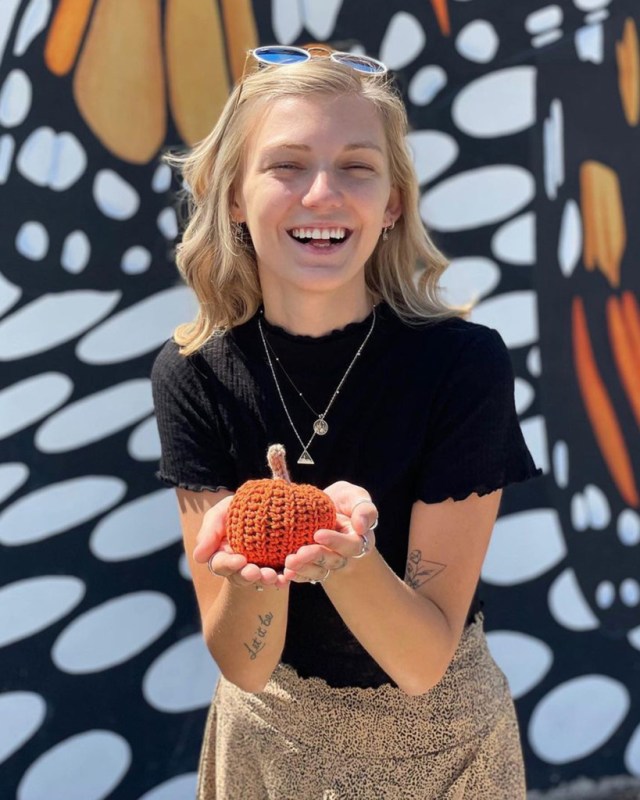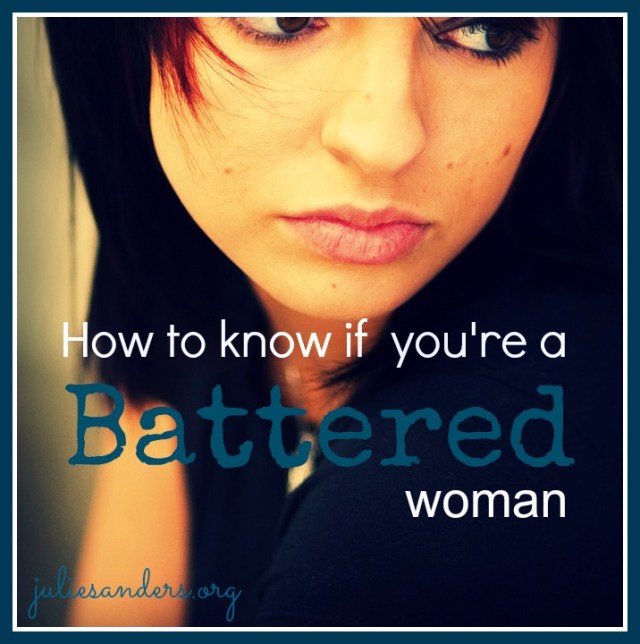In honor of Gabby Petito, this week’s article is meant to bring awareness to domestic violence. While I suspect that most are aware of Gabby’s story, I will briefly outline the details of this developing case for those that are not.
Gabrielle Petito
Gabby was a 22-year-old aspiring vlogger that set off in early July to document her cross-country experience with her 23-year-old fiance Brian Laundrie.
(2) VAN LIFE | Beginning Our Van Life Journey – YouTube
Gabby (@gabspetito) • Instagram photos and videos
While Gabby’s YouTube and Instagram accounts paint the picture of a loving couple living the dream, behind the scenes, Gabby and Brian’s relationship was becoming more strained and toxic. According to Gabby’s mother, Nicole Schmidt, Gabby’s text messages indicated that the relationship was deteriorating.
On September 1st Brian Laundrie arrived home in North Point, Florida, without Miss Petito. Her parents reported her missing on September 11th, 2021.
On September 19th, 2021, authorities found remains near Grand Teton National Park in Wyoming, where Gabby’s van was previously spotted.
On September 21st, 2021, a coroner confirmed the remains belonged to Gabrielle Petito and ruled her death a homicide.
What Happen To Gabby?
While the case is still being investigated, evidence indicates that Gabby was a victim of domestic abuse.
On August 12th, 2021, a 911 call was placed by someone who reported seeing a confrontation between Gabby and Brian. The caller said he saw Brian hit Gabby. Police in Moab, Utah, are dispatched and pull the van over. Police bodycam video shows Gabby crying and upset. In contrast, Brian is calm, relaxed, and collected. The police report says that Petito hit Laundrie, but no arrests were made. The police report goes against witness statements.
We, the public, are left to speculate on what occurred between Gabby Petito and Brian Laundrie. When officers began to investigate the whereabouts of Gabby Petito, they quickly discovered that Brian Laundrie had already retained an attorney and was not speaking to law enforcement regarding Miss Petito’s whereabouts.
On September 17th, the parents of Brain Laundrie reported him missing.
Due to the circumstances of this case and the behavior of Mr. Laundrie, we, the public, have determined his guilt. We rationalize that an innocent man doesn’t run, nor does he refuse to offer any indication of what may have happened between him and Gabby before her homicide. Nevertheless, the details of what happened to Gabby Petito and Brian Laundrie’s role are still developing.
Contact the FBI with information 1-800-CALL-FBI or TIPS.FBI.GOV
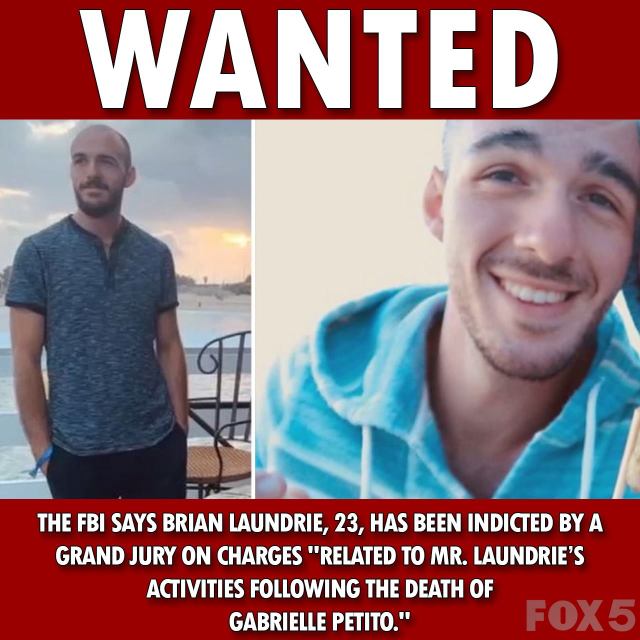
Other signs THAT gABBY WAS SUFFERING FROM Domestic Abuse
Gabby Petito’s friend, Rose Davis, 21, of Sarasota, described Brian Laundrie as a controlling and manipulative boyfriend, in one incident stealing Petitio’s ID so she wouldn’t be able to go out to bars with her.
Petito had described the strange episodes to Davis, which forced Petito to sleep at her house on several occasions.
According to Rose Davis, “He’s got these jealousy issues, and he struggles from what Gabby called these ‘episodes,’ where he would hear things and hear voices and wouldn’t sleep.
Gabby had to stay at my house a bunch of times because she just needed a breather and didn’t want to go home to him.”
Davis said she believes she was one of Gabby’s only friends in Florida after relocating from Long Island and believed Laundrie was jealous of their relationship and feared her taking Gabby away from him.She said the two friends would share locations on their iPhones to keep each other safe “in case we got lost,” but Laundrie made Petito stop sharing once he found out.
“He had this composure as a sweet, nice, caring guy. But you could tell he’s a little off, a little weird. Like, he’d set up our hammocks when we’d go to the beach but wouldn’t sit with us, which I found bizarre.”
“Brian has a jealousy issue,” Rose said. “I’m her only friend in Florida to my knowledge, and that’s not because she can’t make friends. He just didn’t want her to have friends.”
“He was always worried she was going to leave him,” she said. “It was a constant thing to try to get us to stop hanging out.”
Source: (2) *NEW* Gabby’s Friend Speaks paints a different picture of Brian | Where’s Gabby Petito – YouTube
Rose Davis is the same friend Gabby was supposed to meet at Yellow Stone National Park on August 28th, but Gabby had stopped contacting her before their expected meeting, so Rose did not make the trip.
What Is Domestic Violence?
The United States Department of Justice defines domestic abuse as “a pattern of abusive behavior in any relationship that one partner uses to gain or maintain control over another intimate partner.”
Domestic violence can be physical or psychological, affecting anyone of any age, gender, race, or sexual orientation. It may include behaviors meant to scare, physically harm, or control a partner. And while every relationship is different, domestic violence typically involves an unequal power dynamic in which one partner tries to assert control over the other in various ways.
Domestic violence includes insults, threats, emotional abuse, and sexual coercion. Some perpetrators may use children, pets, or other family members as emotional leverage to get their victims to do what they want. Victims of domestic violence experience diminished self-worth, anxiety, depression, and a general sense of helplessness that can take time and often professional help to overcome.
In the police bodycam footage of Gabby Petito, we can observe that Gabby Petito was suffering from diminished self-worth, anxiety, depression, and a general sense of helplessness. She describes how Brian Laundrie had not been supportive, was not helping with her vlog, had told her she could not do “this” (referring to her vlogging project), and Gabby blamed herself for how Brian Laundrie was responding to what she called her “bad mood.” Gabby believed that it was her fault that Brian was upset with her because she had “OCD,” which caused her to give off a “bad vibe,” as she described it.
Police body cam footage of Gabrielle Petito, Brian Laundrie traffic stop – YouTube
We are NOT responsible for how others process their emotions:
I am unable to share this valuable advice with Gabby Petito. However, I can share it with the millions of young people in similar situations or who are still trying to build their emotional intelligence.
We are human, and we will have times when we are not in the best moods, or we will find ourselves around others in bad moods. We must learn not to take other’s moods personally. We cannot control how others feel, and we are not responsible for how others manage their emotions.
An example: My daughter will say that her brother “made her angry because he ____.”
As I explained to her, she was angry, she experienced anger, but he did not make her feel angry/anger. How she perceived and received his actions created a physical response. We get to choose how we respond to people. If someone becomes angry, we should not try to control the situation, we should not apologize for their anger, and we should not try to fix the problem. We should take a deep breath and allow the person space to work through their emotions.
A couple of years ago, I read the book The Four Agreements by Don Miguel.
This book is a quick read and has played a vital role in my interactions with others in my life. You can currently pick it up on Amazon for under $10. Some of the tools that will be added to your emotional toolbox are as follows:
- You learn to be impeccable with your words.
- You learn not to take things personally.
- You learn not to make assumptions.
- To always do your best.
- You learn to break old agreements.
Most importantly, you will learn to at the very least recognize when you are making assumptions, taking things personally, or when you’re not impeccable with your words. With being able to recognize when we are doing these things, we can mindfully redirect our actions and mindset.
Remember: If you are in a situation where your significant other turns their anger inwards onto you, you must understand that nothing you have done or said ever warrants a person becoming violent with YOU. We have to understand what red flags look like and set boundaries in our relationships. By knowing how to spot an abusive partner, we can take steps to enforce our boundaries and protect ourselves from the unthinkable.
Identifying an Abusive Partner
The most important thing you must understand is that the abused and the abusers are not easy to spot!
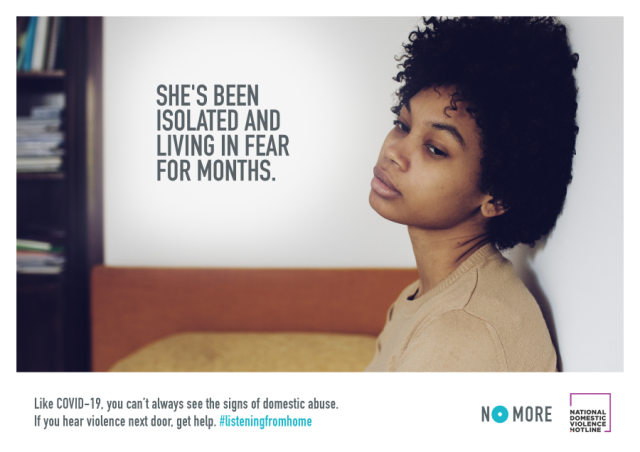
In public and around others, abusers can seem intelligent, trustworthy, and charming with a personality that draws people in, but in private, they are your worse nightmare. Many abusers learn violence from their families and repeat the toxic patterns with their partners or children. Abusers are also more likely to have legal and substance abuse problems.
Heterosexual male abusers often believe in traditional gender roles, particularly that a woman’s main priority should be to care for their partner and children. They have to be in control and are especially prone to jealousy, accusing their partner of cheating without any reason or needing to know where their partner is at all times.
Abusers often isolate their victims from family, friends, work, and other outside support sources. They may have explosive tempers and become violent during an abusive episode. Afterward, they become remorseful and try to woo their partner back with charm, affection, and promises to change, but the abusive behavior rarely stops.
Are you in an Abusive Relationship: Common Tactics of Abusers
- A pattern of violence- episodes interspersed with apologies, gifts, and promises.
- Isolating the victims from friends, family, hobbies, or even their jobs.
- Instilling guilt in the victim for their behavior or for wanting more freedom
It can take time before victims of domestic violence recognize their situation for what it is. Abuse often leaves physical marks like bruises and broken bones. You may also notice shortness of breath and involuntary shaking from anxiety and fear. The abused individual may seem more prone to “accidents” than the average person. Abuse victims can also suffer both short- and long-term emotional and psychological effects, including feelings of confusion or hopelessness, depression, anxiety, panic attacks, and post-traumatic stress disorder (PTSD).
If you recognize these warning signs in your relationship or in the relationship of someone you love, do not be afraid to address any concerns. Rose Davis said when Gabby Petito would share her experiences, she would never pry. She would let Gabby share what she wanted to, out of respect for the relationship and her friend. As a friend, it is our responsibility to see the warning signs and then point out the harmful actions impacting their mental health. Our persistent intervention may be the one thing that saves their lives.
Leaving Is Not Easy
Leaving an abusive relationship is exceptionally challenging.
Here is an insight into the thoughts of many victims:
“Yes, he makes me cry sometimes, but there are really good times too. Sometimes he can be scary, but he loves me so much. He can be violent on occasion, but it’s only because I upset him. He can make me feel worthless, but he’s so charming. I’ve thought about leaving, but he knows all the right things to win me back. He promised it wouldn’t happen again. And when it did happen, it was my fault. Things had been great for so long until I messed up. It’s all going to be okay; he said it wouldn’t happen again. It’s just a few bruises. He didn’t mean to hit me. I just made him so angry. He could never really hurt me. He wouldn’t actually do anything to risk my life, right? Right?”
1-800-799-SAFE
The other side of not leaving may look like this:
“I know I have to leave him. He is not going to change. But he won’t let me take the kids, and I can’t leave without them. I have to be here with them to protect them from him.”
1-800-799-SAFE
Or Even This:
“I financially cannot afford to leave. I have nowhere to go. He said he would kill me if I ever left him. He said he would kill himself if I ever left him. I’ve tried to involve law enforcement, but they don’t take it seriously. Law enforcement accused me of being the aggressor and reported that he was the victim. How does that happen? If they won’t help me, who will? I’m alone in this, and I have no one to turn to.”
1-800-799-SAFE
The process of leaving an abusive relationship involves acknowledging the abuse that’s occurring, finding support to leave safely, and processing the experience and the remaining pain or fear. Call 1-800-799-SAFE to find assistance near you. Reach out to local support groups, including co-dependency groups and local churches. If you do not believe you will find the support in your town, check out the resources in the towns near you. Explain your dilemma, and I assure you, you will find the help you need. You must understand that no amount of abuse is acceptable. Remember, we are not responsible for how they manage their emotions. The abuser must understand that hitting when they are angry is not an acceptable way to process their emotions nor an acceptable way of interacting with you.
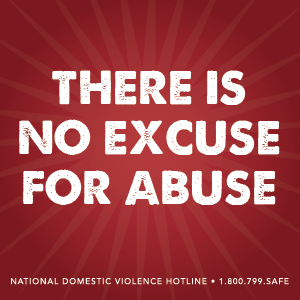
Create a Safe Exit Plan:
Because it’s so difficult to leave is why we create boundaries. Write down your partner’s behavior to identify patterns. Be sure to date each occurrence and keep detailed notes of what you are experiencing. Your boundaries must include holding yourself accountable. You must establish that you will not make excuses for how the other person chooses to behave. You will not allow the other person to violate you in any way at all. It would help if you acknowledged that no amount of abuse is okay. Please do not allow them to rob you of your strength and power. You are worthy of more than the situation you are in; there are no excuses. It does not matter how good it is during the good times. Do not be shortsighted. Your life may depend on it.
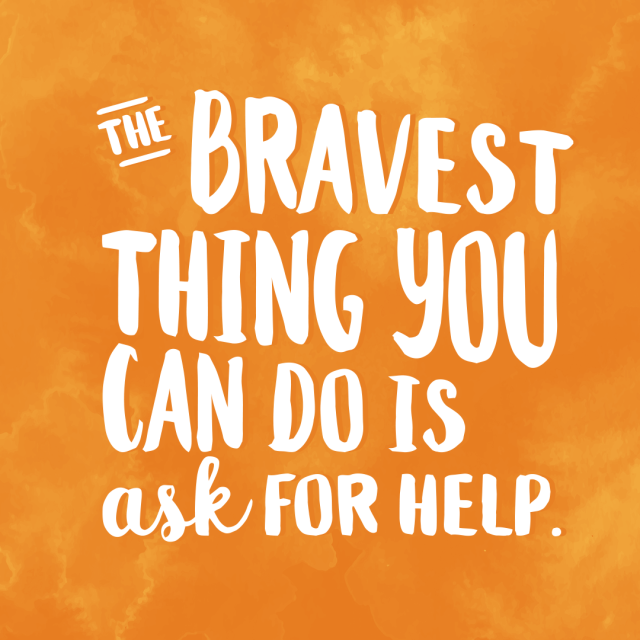
Survivors can gradually work to rebuild the self-esteem that was damaged in the relationship. Developing a non-judgmental support system, practicing self-care, and discussing the experience with a mental health professional can help survivors in the aftermath of the relationship.
I know leaving will not be easy. I understand every obstacle you face. But I know if you stay, you could be the next Gabby Petito. In honor of Gabby, make the choice to be strong where she could not. Fight against domestic abuse. Refuse to allow it to happen to you or those you love.

hcxo



